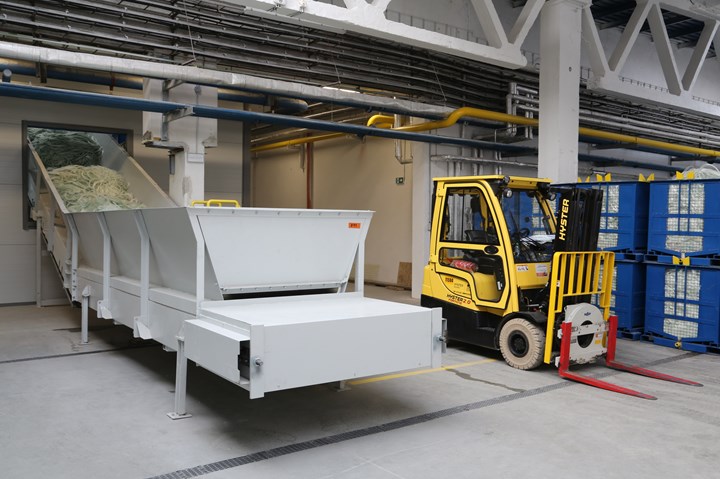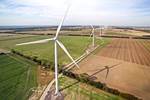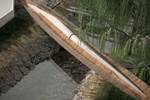Johns Manville launches thermal recycling unit for glass fiber waste
The unit provides a projected recycling capacity of more than three tons per hour and will keep more than ten thousand tons of waste out of landfills annually.

Photo Credit: Johns Manville
It was announced on Jan. 26 that Johns Manville (JM, Denver, Colo., U.S.), manufacturer of continuous filament glass fiber and a Berkshire Hathaway company successfully launched a thermal recycling unit for waste glass fibers in its Engineered Products business plant in Trnava, Slovakia.
“The primary goal of this investment is to achieve a tangible, positive environmental impact by drastically reducing glass fiber waste in landfills,” says Elena Hrivikova, manager for Environment, Health and Safety – Europe/Asia. “This project is part of our response to the European Commission’s zero waste program and our overall target for sustainable management of the planet’s natural resources.”
The new Trnava unit has a projected recycling capacity of more than three tons per hour and consists of a warehousing area, feeding and transportation equipment, shredder, burning chamber and milling. After processing, the recycled glass powder is free of organic particles and refed as raw material into the glass production process on site, achieving a closed production loop. Johns Manville says the project will keep more than ten thousand tons of waste out of the landfill each year, which equals out to about one large truck every day.
“We have invested nearly 10 million Euros into state-of-the-art technology and made sure the recycling capacity will allow further glass fiber production capacity growth in Trnava. The investment is another milestone of Johns Manville’s strong commitment for environmentally responsible manufacturing operations,” says Martin Nywlt, director of Global Operations for JM’s Engineered Products business.
Related Content
-
JEC World 2023 highlights: Recyclable resins, renewable energy solutions, award-winning automotive
CW technical editor Hannah Mason recaps some of the technology on display at JEC World, including natural, bio-based or recyclable materials solutions, innovative automotive and renewable energy components and more.
-
CirculinQ: Glass fiber, recycled plastic turn paving into climate solutions
Durable, modular paving system from recycled composite filters, collects, infiltrates stormwater to reduce flooding and recharge local aquifers.
-
Novel composite technology replaces welded joints in tubular structures
The Tree Composites TC-joint replaces traditional welding in jacket foundations for offshore wind turbine generator applications, advancing the world’s quest for fast, sustainable energy deployment.













